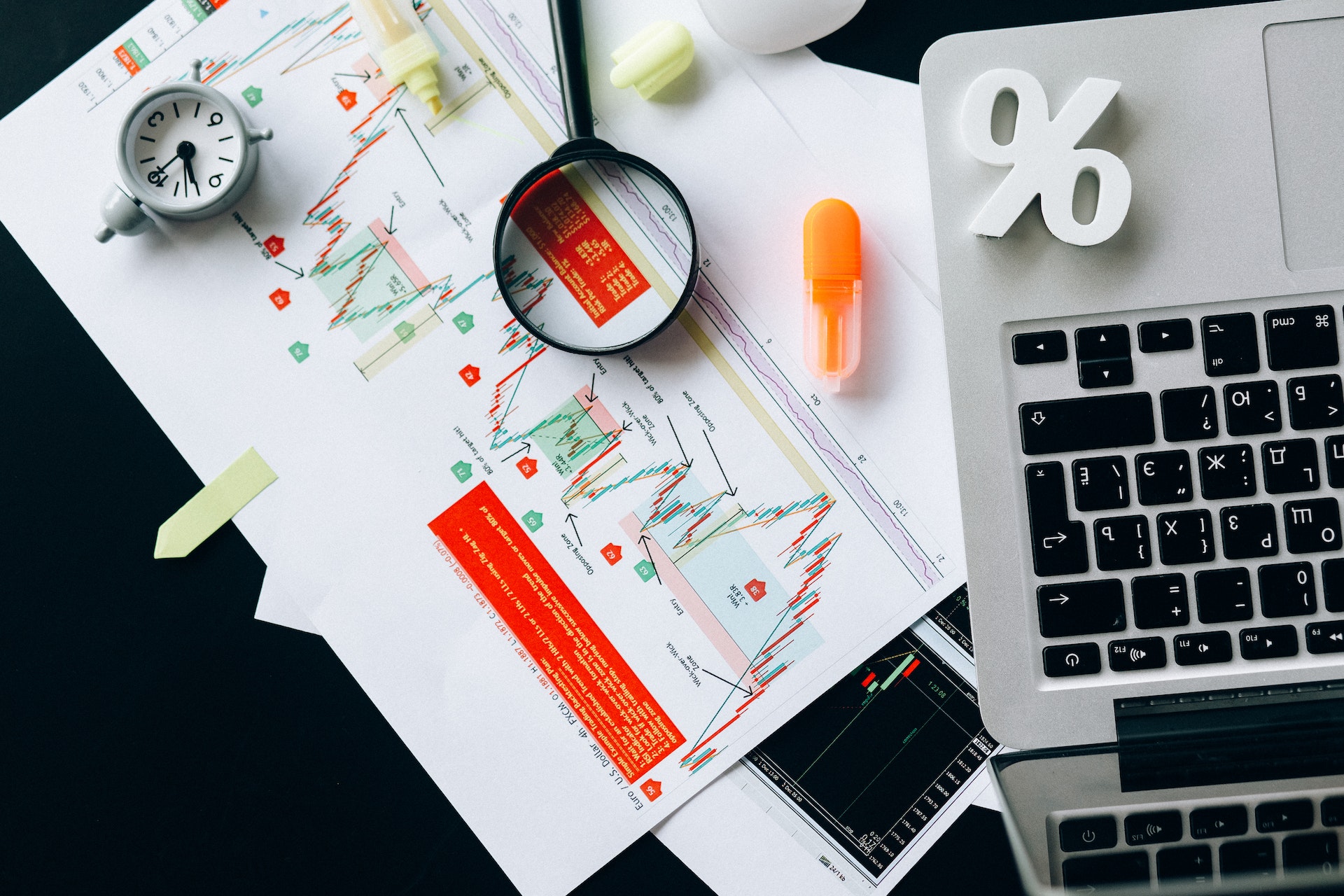
How to effectively solve health, education or criminal problems that affect today’s societies? For Rayid Gahni, director of the Center for Data Science and Public Policy at the University of Chicago, the answer is one: data analysis.

Big Data expert exhibited at GobLab UAI Seminar
October 25, 2017
How to effectively solve health, education or criminal problems that affect today’s societies? For Rayid Gahni, director of the Center for Data Science and Public Policy at the University of Chicago, the answer is one: data analysis.
For the first time in Chile, the scientist and founder of the “Data Science for Social Good” program presented at the “Big Data: Creating Public Value” seminar organized jointly by the GobLab UAI of the Government School and the Government Lab with the United States Embassy support. During his presentations – held at the Adolfo Ibáñez University in Santiago and Viña del Mar – the author of more than 70 academic publications and co-editor of the book “Big Data and Social Science” exemplified how large-scale data analysis can substantially improve People’s life.
“We were able to save the lives of thousands of children in the United States by predicting lead poisoning that contained paintings of houses built in the 1970s,” said the former chief scientist of the 2012 Barack Obama’s campaign. How did they do it? Through the collection of data provided by inspectors and hospital centers that allowed to prevent two years in advance which children could get sick.
Another example of what the research director of the Computation Institute and Senior Fellow of the Harris School of Public Policy of the University of Chicago made known about the value of Big Data, was showing how they have managed to prevent unnecessary violence by the US police: “we collect data and create a risk scoring system that allows us to predict more correctly which police may be involved in acts of violence,” he explained.
The exhibition continued with more cases of prevention and intervention in school dropout, prison mental health problems, environmental protection, infrastructure defects, large-scale hygiene, among others, that the “Data Science for Social Good” program of the University of Chicago has performed in the United States, Mexico and Kenya.
“Many times organizations have the data and do not know what to do with them,” said Ghani, who proposes that in order to occupy the analysis of data with successful results you have to “optimize the tools” through staff training, collaborative work between various disciplines and open platforms that allow sharing the results.
In addition, the scientist stressed that it is very important to create confidence that the delivery of data will be used to improve people’s lives: “we will always deal with ethical problems, but we must show that we are here to help them and not to do something hidden”.
At the end, the expert said that new countries that are willing to take the risk of using data analysis as a tool to solve community problems must be sought. “It’s not so crazy, you have to convince people about the benefits of Big Data and for that we need to create more examples throughout the world,” he said.
To see the full exhibition, go to the following links:
First part: https://t.co/MTwjfkIfQN
Second part: https://t.co/6Vg5cuuiCq
Look at the photos here.



